Why you should procrastinate your personal statement

Admissions committees are tired of reading the same generic stories from hundreds of applicants, so let’s transform your personal statement to make it stand out.
How?
We’re going to inject it with some creativity. By procrastinating.
Skeptical?
Studies by Jihae Shin shows that business proposals from procrastinators were 28% more creative. If you still don’t believe me, let’s take a look at history. Da Vinci put off finishing the Mona Lisa for 16 years. Martin Luther King Jr. continued to edit his “I have a dream” speech until minutes before his delivery. Abraham Lincoln didn’t finish his Gettysburg Address until the night before. As Adam Grant writes in his book “Originals”,
procrastination can be used “as a form of incubation…to engage in divergent thinking”.
That being said though, we are not da Vinci, MLK, or Lincoln. So this is what I propose.
Step 1:
Try to start thinking about the personal statement prompt(s) as early as you can, preferably as soon as they’re released, but reject all of your first ideas. Instead, keep the prompt in the back of your mind, simmering on the back burner of your subconscious. You’ll find that new, original ideas start to come to you - while you’re eating dinner, watching a movie, or in the shower.
Passively reflecting on this project allows your brain to make connections and consider possibilities that are difficult to replicate when you're actively thinking about it. Don’t commit to these ideas yet, but write them down. They’re important ammunition.
Step 2:
Estimate how long it’ll take you to write your first draft and work through a few rounds of edits. Work backward from the deadline, and continue to think and record your ideas until this date.
Step 3:
Now, instead of starting with a blank page, you have a whole host of ideas you can draw from. Pick and choose your best ideas and stories, and get to work.
Step 4:
Edit edit edit. Don’t get attached to any of your ideas, and ruthlessly cut out anything that doesn’t support your piece. Less is more, and whoever is reading your statement will appreciate the conciseness. As Stephen King says,
“kill your darlings”.
When editing, always make sure you have a second a third set of eyeballs to provide feedback on your work. If you’re not sure who to ask, leave a comment or send me a DM on IG - I’d be happy to take a look!


Member discussion